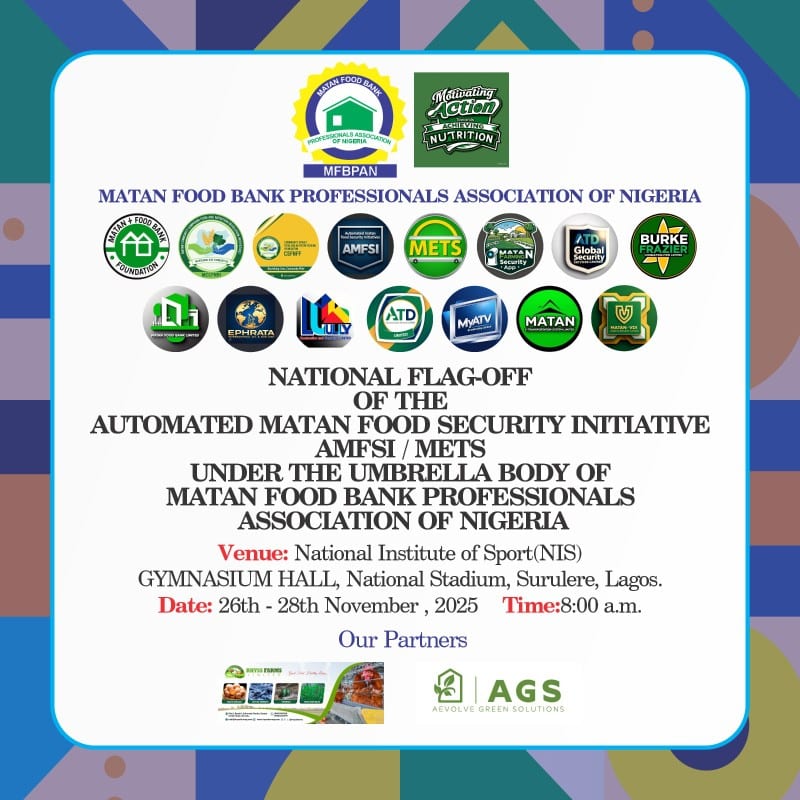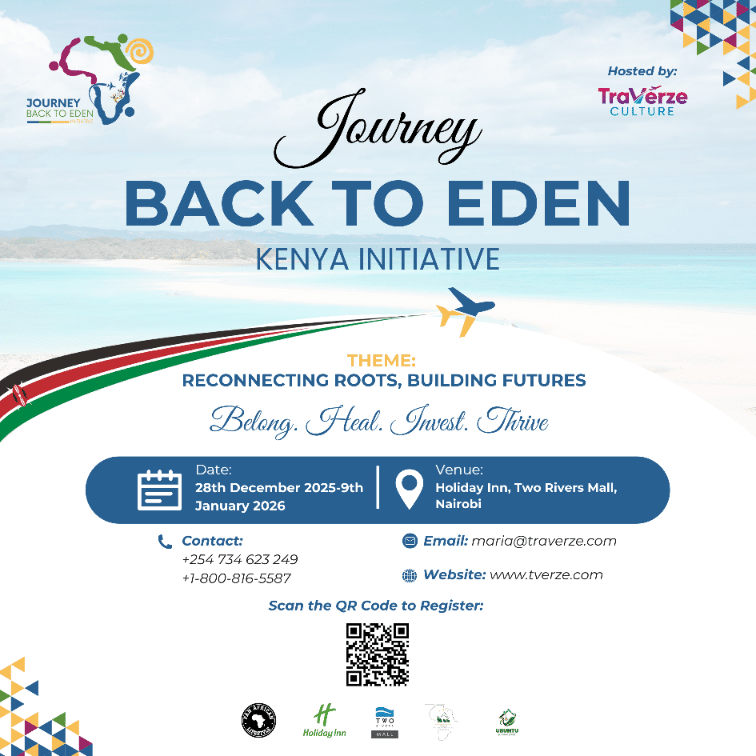By specification, Yoruba stories and African realities are configurations of combative narratives of existence. Historical evaluation of Africa confirms that life remains a journey of endless crisis from the pre-colonial era to the postcolonial period. This sums up that the African perception and reality about life differ entirely from what life is or should be, when society is considered. This questions any universal view of the world’s totality, and warring perceptions must be entertained.
“Now I am here as a slave to do my master’s bidding, work without ceasing and toil without rest…” (Page 30)
Yinka Folahan’s Restless, as a dramatic text, bears witness to the plight of an average African man as a reckless being on a journey in a restless world in search of rest, most preferably peace. The main character, Erukeru, in his mission to find fulfilment in life, discovers that his fate binds him in an endless struggle for survival, success and freedom. In reality, life remains a prison without freedom.
Erukeru in his bid to escape from the Whiteman’s bondage, finds a meaningful life as a husband and father; he finds solace in the African spirituality as an answer to core questions life demands, he chanted in prison to his ancestral forces, “whatever I declare just as the chameleon wishes and it is done”. Prayers are answered, but the evil forces of man against man relegate the thematic concern of hope in the hopelessness of life, more directly, to African life.
Yinka Folahan, a contemporary African writer and postcolonial philosopher, focuses on humanity as the answer to life’s daring questions without preferences for class, race, or gender. However, the writer refuses to respect the place of the female gender as a complete version of another narrative by focusing on betrayal without note of justification, notion of hope, or a perfect description of African entrapment.
The writer’s primary objective about African life overshadows the total of man’s existence in the face of recycling based on a restless adventure of life, as a prison of existence.
In most cases, postcolonial African literary outputs have thematic concerns of slavery and the quest for freedom. This truly makes literature a reflection of life and life’s reality for the African breeds in their respective struggles from home, at home, and in no man’s land.
His lamentation in Badagry as a slave confirms slavery as a natural predicament for the African breed irrespective of time, Erukere describes the situation as “I am doomed to live of unrest”. His Lagos’ experience sums up as “a victim of circumstance.”
Neatly woven into three settings, the first place is an unknown African town, the second place is Badagry and the third location is the modern Lagos market, precisely the Oluwole. This setting perfectly reflects the three stages of Africa with respect to pre-colonial, slavery and colonialism in one story as different forms of betrayal. A world of progression without development remains the primary reason why Restless remains a story of three worlds of one existence.
The closing part of the drama reflects the place of resistance in the face of otherness, making the need to respect the role of police in our society as freedom is celebrated. On this very note, regarding Restless as a comedy contradicts the play’s dedication to “a police officer who lost his life defending our nation!”, with the name Sokunbi Olalekan Osho.
The author uses the evocation of songs to reflect that Africa is a fun-loving culture with a communal perception of existence, and this aims to achieve the purpose of identity from a postcolonial lens. As a result, the factor of time should be considered timeless as Erukeru remains the African blood in the natural making of each African breed. Restless is an unending story of existence, a reminder of life’s recycling nature and a fable of the life of the unborn, living and the dead.











